
Recommendation
The dynamics of the relationship between Russia and China have shifted drastically since the late 1990s. China now occupies the economic forefront, while Russia’s growth lags, but Russia’s vast natural resources and geographic breadth hold great attraction for China. This astute white paper from The Centre for European Reform explores Sino-Russian relations and their impact on each country’s internal policies and external affairs, particularly in regard to the US. International relations expert Dmitri Trenin explains how Russia and China have formed “a practical bond” based on shared self-interest and a mutual understanding of their relative stature in the world order. He proves well versed in the history and policies of both powerhouses as he describes their delicate political dance. getAbstract recommends Trenin’s sophisticated realpolitik to business executives, foreign policy mavens and students of international politics.
Summary
About the Author
Dmitri Trenin is the director of the Carnegie Moscow Center, a member of the Russian International Affairs Council and the author of several books on international relations.


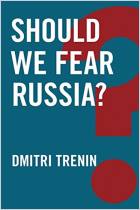
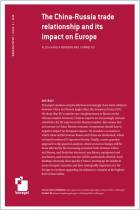
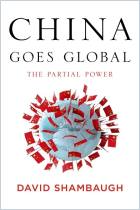
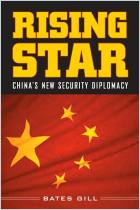
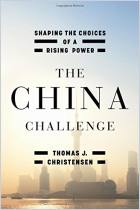
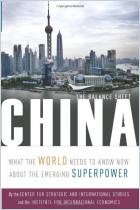
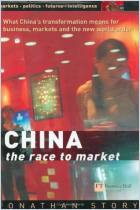



Comment on this summary or 开始讨论